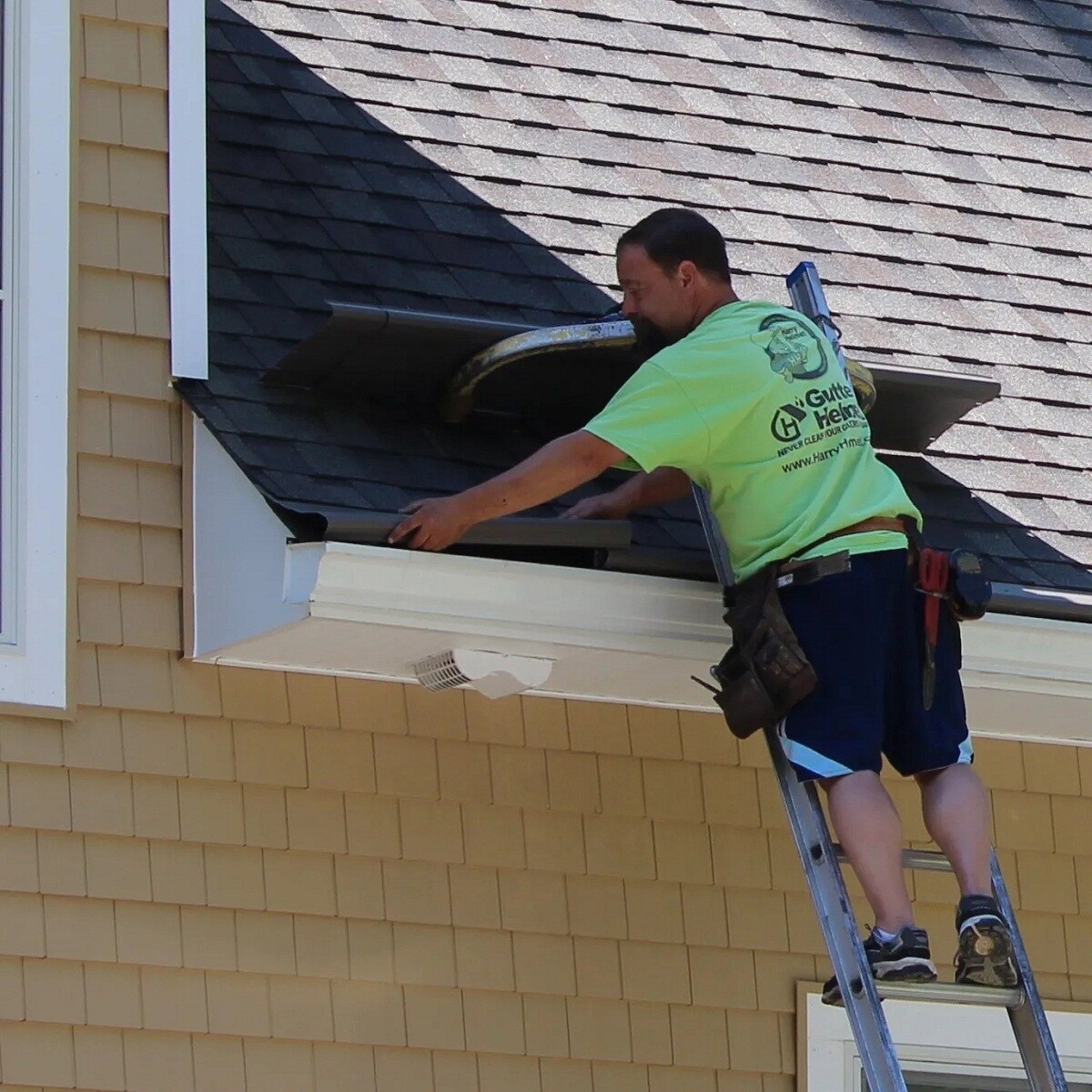

Articles
How To Get On Roof With Gutters
Modified: October 20, 2024
Discover articles on how to safely get on your roof with gutters. Learn essential tips and techniques for a successful and secure experience.
(Many of the links in this article redirect to a specific reviewed product. Your purchase of these products through affiliate links helps to generate commission for Storables.com, at no extra cost. Learn more)
Introduction
Gutters are an essential part of any roof system. They play a crucial role in redirecting rainwater away from the foundation of your home, preventing water damage and erosion. Over time, gutters can get clogged with leaves, debris, and other foreign objects, impeding their ability to function properly. To clean or fix the gutters, you may need to access your roof.
Getting on the roof with gutters can be a daunting task, especially if you are not familiar with the process or don’t have the necessary equipment. However, with proper planning and safety precautions, you can safely climb onto your roof and attend to your gutters.
In this article, we will guide you through the steps of getting on the roof with gutters. We will discuss the importance of gutters, assess the safety aspects, gather the required equipment, choose the right approach, notify others, and take safety measures. We will also cover climbing the ladder, walking on the roof, cleaning or fixing the gutters, and finally, descending safely.
By following our guidelines, you can ensure a safe and efficient approach to accessing your roof and maintaining your gutters. Let’s dive in!
Key Takeaways:
- Safely accessing your roof with gutters involves assessing safety, gathering equipment, choosing the right approach, and notifying others. Regular maintenance ensures effective gutter functionality, preventing water damage and preserving your home’s integrity.
- Prioritize safety when climbing onto your roof with gutters, walking carefully, and cleaning or fixing the gutters. Descend safely, maintain your gutters regularly, and seek professional help when needed.
Read more: How To Clean Gutters From The Roof
Importance of Gutters
Gutters are not just an aesthetic part of your home’s exterior; they serve a critical function in protecting your property. Here are a few key reasons why gutters are important:
- Preventing Water Damage: Gutters are designed to collect rainwater that falls on your roof and direct it away from your home’s foundation. Without gutters, the water would accumulate around the foundation, leading to potential water damage, leaks, and even structural issues.
- Preserving Landscaping: Without proper gutter systems, rainwater can cause erosion and damage to your landscaping. Gutters channel the water away from your plants, flower beds, and walkways, helping to preserve the beauty and longevity of your outdoor space.
- Avoiding Basement Flooding: When rainwater isn’t effectively diverted away from the foundation, it can seep into the basement or crawl space, causing flooding and water damage. Gutters play a crucial role in preventing these issues and maintaining a dry and habitable basement area.
- Protecting Siding and Exterior Walls: Excessive water running down the sides of your home can lead to rotting of the siding, mold growth, and deterioration of the exterior walls. Gutters collect the rainwater and direct it away from the walls, preserving their integrity.
- Preventing Ice Dams: In colder climates, ice dams can form on the edge of the roof, potentially causing water to back up under the shingles and into the home. Gutters help control the flow of water, preventing ice dams from forming and safeguarding your roof from potential damage.
Now that you understand the importance of gutters, it’s crucial to ensure they are properly maintained and functioning effectively. This includes periodic cleaning and inspection to remove any debris and identify any damage that may require repair.
In the next section, we will discuss how to assess the safety aspects before accessing your roof with gutters. Safety should always be the top priority when working at heights, so let’s proceed with caution.
Assessing the Safety
Before you attempt to get on the roof with gutters, it is essential to assess the safety of the situation. Safety should always be your top priority when working at heights. Here are some key factors to consider:
- Weather Conditions: Check the weather forecast before venturing onto the roof. Avoid accessing the roof during inclement weather, such as heavy rain, strong winds, or icy conditions. Slippery surfaces or gusty winds can increase the risk of accidents.
- Roof Condition: Inspect the condition of your roof and gutters before climbing up. Look for loose shingles, damaged or unstable areas, or signs of deterioration. If you notice any issues, it’s important to address them before attempting to access the roof.
- Proper Footwear: Wear sturdy footwear with non-slip soles to provide grip and stability when walking on the roof. Avoid wearing shoes with smooth soles or high heels, as they can increase the risk of slipping or losing balance.
- Clearance: Ensure that there are no obstructions or overhead power lines near your work area. Maintain a safe distance to prevent any potential accidents or electrical hazards.
- Safety Equipment: Consider using safety equipment such as a safety harness, harness rope, and anchor points. These additions can provide an extra layer of protection in case of a fall. Consult with professionals or experts on safety equipment usage and procedures.
- Physical Fitness: Assess your own physical fitness and health conditions before attempting to climb onto the roof. If you have any medical conditions, consult with a healthcare professional to determine if it is safe for you to perform these tasks.
Remember, if at any point you feel unsure or uncomfortable about accessing the roof, it is best to seek professional help or assistance. Never compromise your safety for the sake of completing a task.
Now that you have assessed the safety aspects, it’s time to gather the necessary equipment that will help you successfully get on the roof with gutters. We will discuss this in the next section.
Gathering the Required Equipment
Before you can safely get on the roof with gutters, you’ll need to gather the necessary equipment. Having the right tools on hand will not only make the task easier but also ensure your safety. Here are some essential pieces of equipment you should have:
- Ladder: Choose a sturdy and stable ladder that reaches the desired height. Ensure that it is in good condition, with no damaged or missing parts. Place the ladder on a level surface and secure it properly to prevent any wobbling or slipping.
- Work Gloves: Invest in a pair of durable work gloves that provide a good grip. These will protect your hands from sharp edges, debris, and other potential hazards while working on the roof.
- Safety Harness: If you’re concerned about your safety, consider using a safety harness. A safety harness will provide an additional level of protection in case you lose your balance or slip on the roof. Make sure you are familiar with its proper usage and follow the manufacturer’s instructions.
- Bucket or Bag: Carry a bucket or bag with you to collect any debris or leaves you might encounter while on the roof. This will help keep the area clean and prevent the debris from falling back into the gutters.
- Rubber or Non-Slip Shoes: Wear shoes with rubber soles or non-slip treads to improve traction and reduce the risk of slipping. Avoid wearing shoes with smooth soles or high heels, as they can be hazardous on a roof surface.
- Gutter Scoop or Trowel: If your intention is to clean the gutters, consider using a gutter scoop or trowel to remove leaves, twigs, and other debris. These tools make the job easier and more efficient.
- Roof Safety Accessories: Depending on the specific circumstances, you may require additional safety accessories such as roof anchors, safety lines, or roof brackets. Consult with professionals or experts for advice on the necessary equipment based on your roof type and configuration.
Having the right equipment ready before you begin will save you time, ensure your safety, and make the task of getting on the roof with gutters more manageable. Once you have gathered all the required equipment, it’s time to choose the right approach for accessing the roof, which we will discuss in the next section.
Choosing the Right Approach
When it comes to accessing the roof with gutters, there are several different approaches you can take. The right approach will depend on factors such as the height and slope of your roof, the proximity of obstacles, and your personal comfort level. Here are a few common approaches to consider:
- Using a Ladder: The most common and straightforward approach is to use a ladder. Ensure that your ladder is positioned securely on a level surface and extends at least three feet above the roofline for a stable and safe climb. Always follow proper ladder safety guidelines and have someone hold the ladder for added stability.
- Extension Ladder: If your roof is higher than the reach of a standard ladder, you may need to use an extension ladder. These ladders can be adjusted to different lengths and angles, allowing you to safely access higher roofs. Make sure the ladder is properly locked in position before climbing.
- Scaffolding or Platform: For complex or lengthy projects on the roof, setting up scaffolding or a platform can provide a secure and stable working area. This approach is particularly useful for tasks that require more time or for larger roof areas.
- Hire a Professional: If you are uncomfortable or unsure about accessing the roof on your own, it may be best to hire a professional. Experienced contractors have the necessary tools, equipment, and expertise to safely navigate roofs and work on gutters.
When choosing the right approach, consider your own physical abilities and comfort level. If you have any doubts or concerns about accessing the roof, it’s always better to seek professional assistance to ensure a safe and successful outcome.
Once you’ve determined the right approach, it’s important to notify others and take necessary safety measures. We will cover this in the next section.
Read more: How To Install Gutters On Metal Roof
Notifying Others and Taking Safety Measures
Before you begin your work on the roof with gutters, it’s important to notify others and take necessary safety measures. This will help ensure the safety of yourself and those around you. Here are some key steps to follow:
- Notify Family Members or Roommates: Inform your family members or roommates about your plans to access the roof. Let them know where you’ll be and for how long to avoid any confusion or potential accidents.
- Keep Pets and Children Away: Ensure that pets and children are kept safely indoors or away from the area where you’ll be working. This will prevent any distractions or risks of them interfering with your work.
- Secure the Work Area: Create a safe work environment by cordoning off the area around the ladder or access point. Use caution tape or barriers to prevent others from inadvertently wandering into the work zone.
- Use Safety Signage: Place visible signage or warning signs near the ladder or access point, alerting others to the potential hazards of the work being conducted. This will help prevent accidental intrusions and keep everyone aware of the ongoing work.
- Work in Teams: Whenever possible, work with a partner or have someone present nearby who can assist you if needed. Having a second person can provide an extra set of eyes for safety and be useful in case of an emergency.
- Communicate with Others: If there are other people in the vicinity, such as neighbors or passersby, communicate with them about your work and ensure they are aware of the potential hazards. This can help prevent any accidental incidents or injuries.
- Have a First Aid Kit: Keep a fully stocked first aid kit nearby in case of any minor injuries or accidents. Familiarize yourself with its contents and know basic first aid procedures.
- Follow Safety Guidelines: Always adhere to safety guidelines and best practices when working at heights. This includes proper ladder usage, wearing appropriate safety gear, and minimizing risks of slips and falls.
By notifying others and taking safety measures, you can create an environment that prioritizes the well-being of everyone involved. Now that you’ve implemented these precautions, it’s time to climb the ladder and make your way onto the roof with gutters, which we will cover in the next section.
Use a sturdy ladder and have someone spot you as you climb. Make sure the ladder is securely placed on a level surface and never lean it against the gutters. Always maintain three points of contact while climbing.
Climbing the Ladder
Now that you have assessed the safety aspects, gathered the necessary equipment, and taken the required precautions, it’s time to start climbing the ladder and make your way onto the roof with gutters. Here are some steps to follow:
- Position the Ladder: Place the ladder on a stable and level surface. Ensure that the ladder is at the correct angle by using the 4-to-1 rule – for every four feet of ladder height, the base should be one foot away from the wall. Make sure the ladder is securely positioned and does not wobble or shift.
- Face the Ladder: Stand facing the ladder and maintain a firm grip on the sides. Keep your body centered and balanced before you start climbing.
- Step Up One Rung at a Time: Start climbing the ladder one rung at a time, using your hands to grip the ladder sides for support and stability. Avoid skipping rungs or trying to rush up the ladder.
- Maintain Three-Point Contact: As you climb, always maintain three-point contact with the ladder, i.e., two hands and one foot, or two feet and one hand on the ladder at all times. This will provide stability and reduce the risk of slipping or losing balance.
- Keep Your Body Centered: Avoid leaning too far to one side or overreaching while on the ladder. Keep your body centered and balanced to maintain stability and minimize the risk of falls.
- Use Proper Foot Placement: Make sure you place your feet fully on each rung to ensure a secure grip. Avoid wearing shoes with slick soles or heels that may compromise your stability.
- Take Breaks if Needed: If you feel tired or need to catch your breath, take breaks on a sturdy rung or platform. Do not attempt to climb the ladder if you are feeling dizzy, fatigued, or unwell.
- Reach the Rooftop: Continue climbing until you reach the rooftop. Once you are on the roof, carefully step off the ladder onto the roof surface and ensure your footing is stable before proceeding further.
Remember, safety is of utmost importance while climbing the ladder. Take your time, be cautious, and focus on maintaining stability and balance. Once you have safely climbed onto the roof, you can then proceed to walk on the roof and attend to the gutters, which we will cover in the next section.
Walking on the Roof
Now that you have successfully climbed onto the roof with gutters, it’s important to walk on the roof safely and with caution. Here are some guidelines to follow:
- Assess the Roof Surface: Take a moment to assess the condition of the roof surface. Look out for any loose or damaged shingles, weak spots, or areas that appear unstable. Avoid walking on areas that seem compromised.
- Maintain Balance and Posture: Walk with a steady and balanced posture, keeping your center of gravity low. Take slow and deliberate steps to maintain stability and reduce the risk of slipping or losing balance.
- Watch Your Footing: Be mindful of your footing while walking on the roof. Pay attention to the surface texture, avoiding any slippery areas or loose debris. Take extra caution when the roof is wet or covered in snow.
- Use Caution Around Roof Openings: Stay aware of any roof openings, such as skylights or vents, and exercise caution when walking near them. Make sure they are securely covered or marked to prevent accidental falls or accidents.
- Avoid Stepping on Gutters: While walking on the roof, be careful to avoid stepping directly on the gutters. Gutters are not designed to support weight and can easily get damaged or break if stepped on. Use the edges of the roof as your walking path.
- Stay Aware of Surroundings: Keep an eye out for any potential obstacles or hazards, such as overhead power lines or trees. This will help you navigate the roof safely and avoid any accidental incidents.
- Take Breaks if Needed: If you need to take a break or pause during your work, find a stable and secure spot on the roof to rest. Avoid sitting directly on the roof surface to prevent any damage or discomfort.
- Work in Segments: Break down your task into manageable segments rather than trying to cover the entire roof in one go. This will help you maintain focus and ensure you give adequate attention to each section of the gutters.
Remember, safety should always be a top priority when walking on the roof. Stay aware of your surroundings, maintain balance and stability, and avoid unnecessary risks. Now that you are walking on the roof, you can proceed with cleaning or fixing the gutters, which we will discuss in the next section.
Cleaning or Fixing the Gutters
Now that you are on the roof with the gutters, it’s time to clean or fix them to ensure proper functionality. Here are some steps to follow:
- Inspect the Gutters: Begin by inspecting the gutters for any visible damage or clogs. Look for sagging portions, loose brackets, or signs of leaks. Note any areas that require immediate attention.
- Remove Debris: Using a gutter scoop, trowel, or gloved hands, start removing any leaves, twigs, or other debris that may have accumulated in the gutters. Place the debris into a bucket or bag to keep the work area clean.
- Flush with Water: Once the major debris has been cleared, use a hose or bucket of water to flush out any remaining dirt or smaller particles. This will help ensure proper water flow through the gutters.
- Check Downspouts: Check the downspouts for any clogs or blockages. Use a plumber’s snake or a high-pressure nozzle to clear any obstructions, allowing rainwater to flow freely through the downspout and away from the foundation.
- Repair or Replace: As you clean the gutters, keep an eye out for any damages that need to be repaired or parts that need to be replaced. Secure loose brackets, seal leaks with gutter sealant, and replace any sections of the gutter that are severely damaged.
- Inspect Roof Flashing: While you are on the roof, take the opportunity to inspect the roof flashing around the gutters. Look for loose or damaged flashing and address any issues to prevent water from seeping into the roof structure.
- Perform Regular Maintenance: To prevent future gutter clogs and issues, establish a routine maintenance schedule. Regularly clean the gutters, especially during fall when leaves are more likely to accumulate. Also, consider installing gutter guards or screens to minimize debris buildup.
Remember to work diligently and carefully when cleaning or fixing the gutters. Take breaks if needed and stay cautious of your surroundings. If you come across any extensive damage or if the task seems beyond your capabilities, it’s best to seek professional assistance to ensure the job is done properly.
Now that you have finished cleaning or fixing the gutters, it’s time to descend safely from the roof, which we will cover in the next section.
Read more: How Much For New Roof And Gutters
Descending from the Roof
After successfully cleaning or fixing the gutters, it’s time to descend from the roof safely. Follow these steps to ensure a smooth and secure descent:
- Prepare the Ladder: Before descending, ensure that the ladder is in a stable position and securely placed on a level surface. Double-check that it is still secure and hasn’t shifted during your time on the roof.
- Face the Ladder: Stand facing the ladder and position yourself close to the edge of the roof where the ladder is placed, maintaining a firm grip on the sides.
- Step Down Carefully: Descend the ladder one rung at a time, ensuring that your feet are placed securely on each rung. Keep a firm grip on the ladder with both hands and maintain your balance throughout the process.
- Maintain Three-Point Contact: Just as you did when climbing up, maintain three-point contact with the ladder while descending. This means having two hands and one foot, or two feet and one hand, in contact with the ladder at all times.
- Take Your Time: Descending from the roof can be just as important as ascending. Take your time and be cautious with each step. Avoid the temptation to rush or skip rungs, as this can compromise your balance and safety.
- Have Assistance if Needed: If you feel unsure about descending on your own, don’t hesitate to ask for assistance. Having someone hold the ladder at the bottom can provide extra stability and support during your descent.
- Inspect the Ladder: Once you have safely descended, take a moment to inspect the ladder for any signs of damage or wear. Look for loose or missing rungs, bent parts, or any other issues that may need attention before future use.
Remember to prioritize your safety throughout the entire process of getting on the roof with gutters and descending back down. Take breaks if needed and listen to your body. If at any point you feel unsteady or uncomfortable, don’t hesitate to reach out for assistance or professional help.
By following these guidelines, you can effectively and safely access your roof with gutters, perform necessary maintenance tasks, and maintain the integrity of your home’s gutter system. Regular upkeep of the gutters will help to prevent water damage, extend the lifespan of your roofing system, and protect the foundation of your home.
Remember, when in doubt, consult with professionals or experts who can provide guidance and assistance for your specific situation.
Conclusion
Accessing the roof with gutters may seem like a daunting task, but with proper planning, safety precautions, and the right equipment, it can be done safely and effectively. Gutters play a vital role in protecting your home from water damage, and regular cleaning and maintenance are crucial to ensure their proper functioning.
Throughout this article, we discussed the importance of gutters and how they protect your home from various issues such as water damage, basement flooding, and siding damage. We also covered the steps to assess safety, gather the required equipment, choose the right approach, notify others, climb the ladder, walk on the roof, clean or fix the gutters, and safely descend from the roof.
Remember, always prioritize safety. Assess the weather conditions, ensure the roof and ladder are in good condition, wear proper footwear, and take necessary safety measures. Notify family members or roommates, keep pets and children away from the work area, and use safety signage to alert others of the ongoing work.
Gathering the required equipment, such as a ladder, gloves, safety harness (if needed), and gutter scoop, will make the process easier and safer. Choosing the right approach, whether it’s using a ladder, extension ladder, scaffolding, or hiring professionals, depends on your comfort level and the specific requirements of your roof.
Once on the roof, walk carefully, maintain balance, and take breaks as needed. Clean the gutters, remove debris, flush with water, and inspect and repair any damages. Regular maintenance and establishing a routine schedule will ensure your gutters remain effective in redirecting rainwater away from your home.
Finally, when descending from the roof, use caution, maintain three-point contact on the ladder, and inspect the ladder for any damages or wear. Your safety is paramount throughout the entire process.
By following these guidelines, you can safely and efficiently get on the roof with gutters to maintain and preserve your home’s gutter system. Remember, when in doubt, seek professional assistance to ensure the task is completed safely and effectively.
Take pride in protecting your home, ensuring its longevity, and preventing water damage by properly maintaining your gutters. With a little time and effort, you can ensure the overall well-being and functionality of your roof and gutters for years to come.
Frequently Asked Questions about How To Get On Roof With Gutters
Was this page helpful?
At Storables.com, we guarantee accurate and reliable information. Our content, validated by Expert Board Contributors, is crafted following stringent Editorial Policies. We're committed to providing you with well-researched, expert-backed insights for all your informational needs.
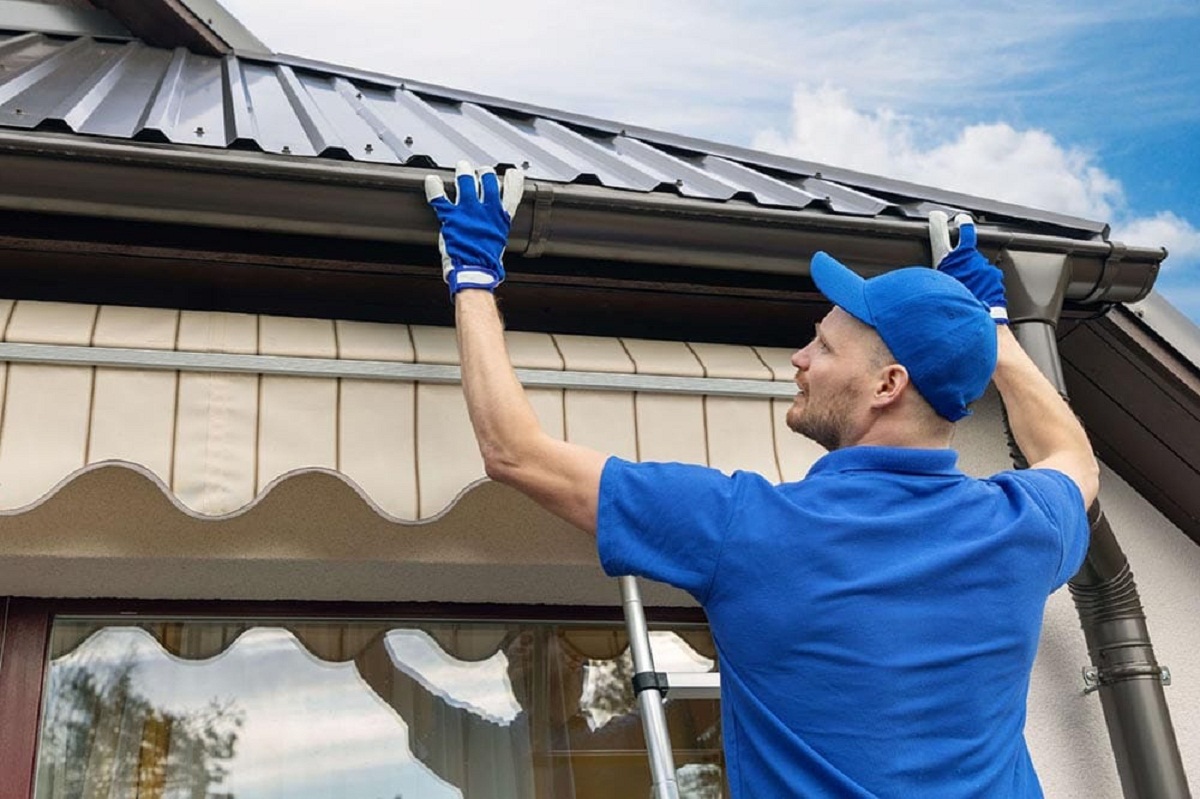
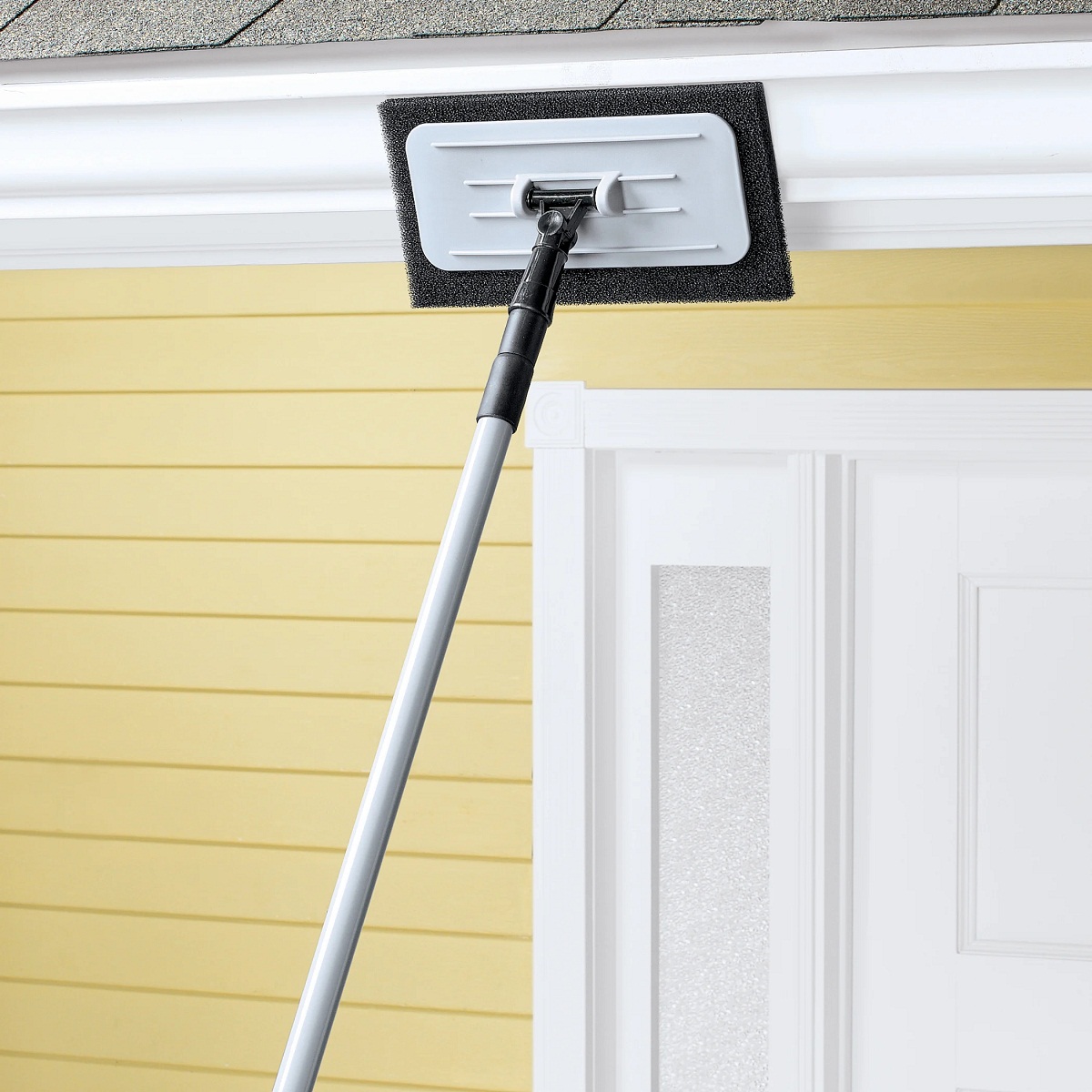

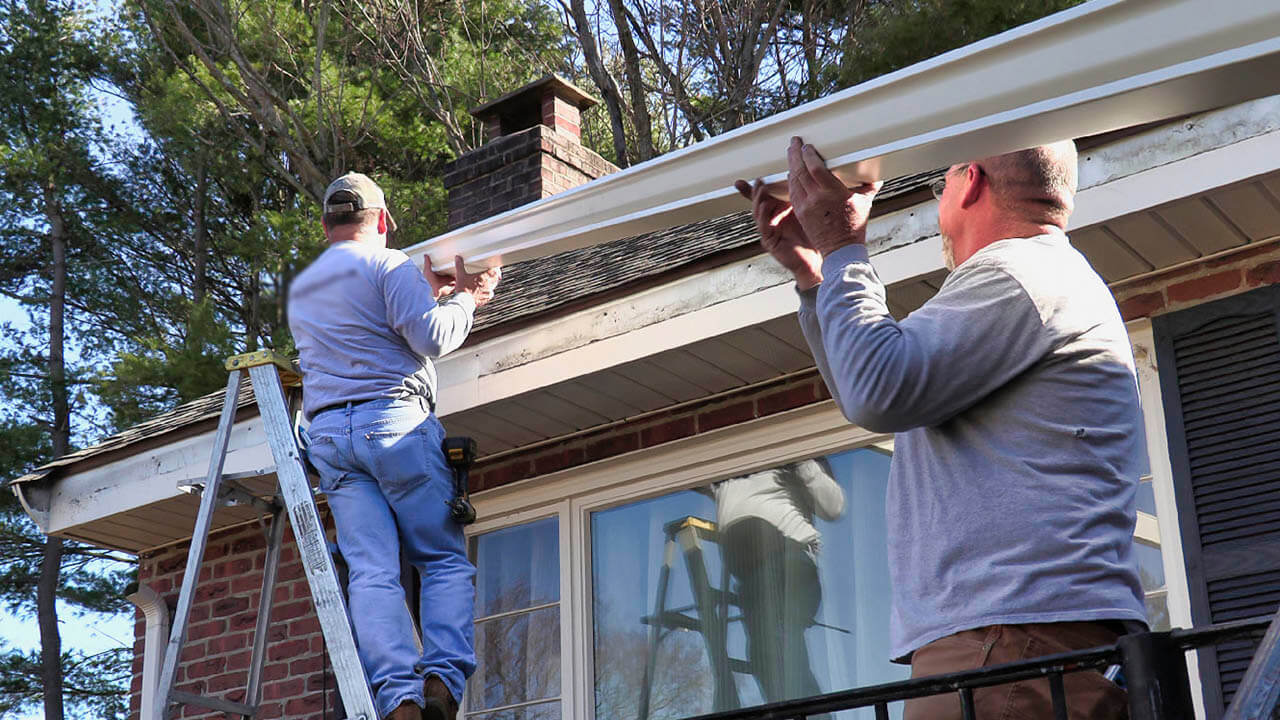
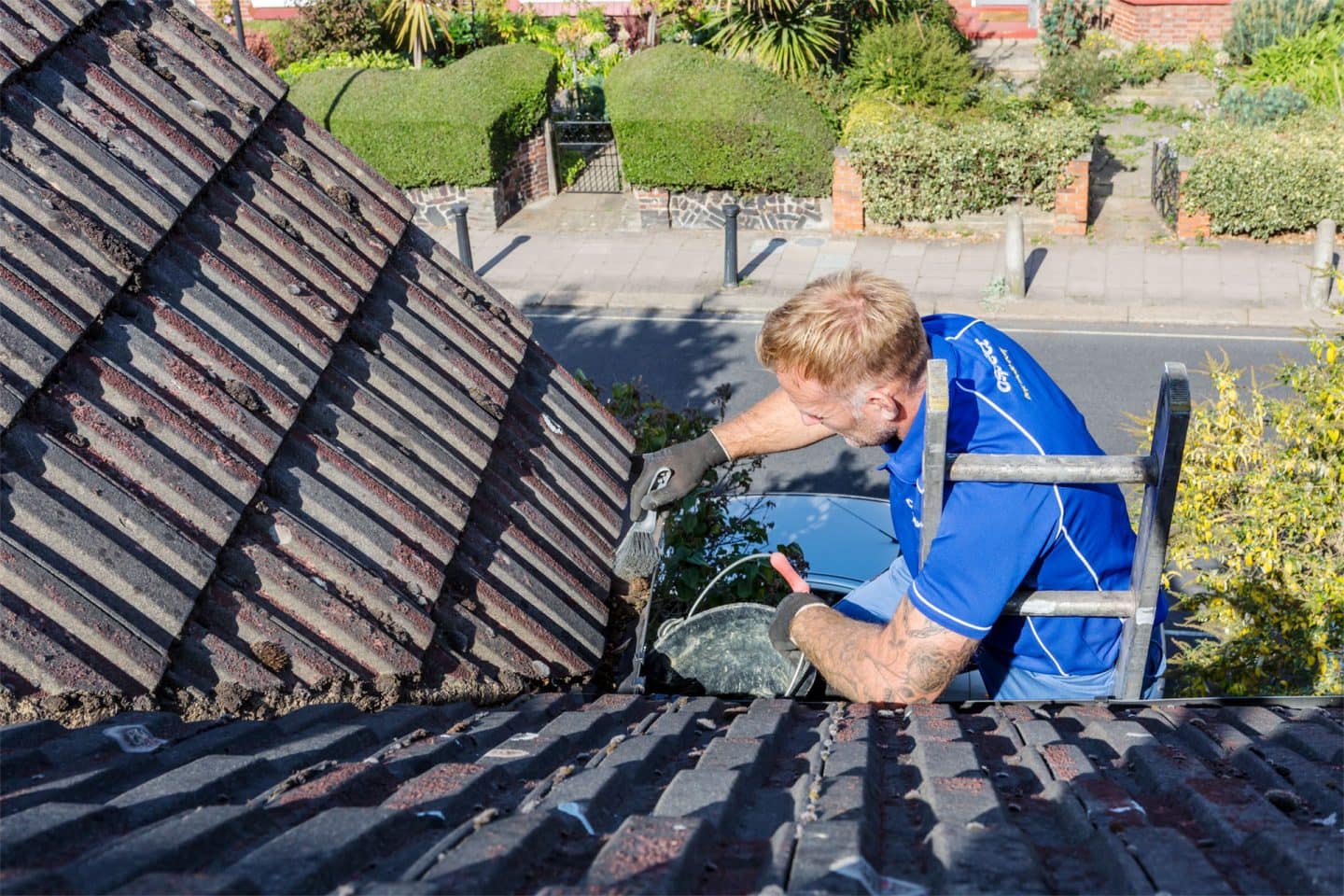
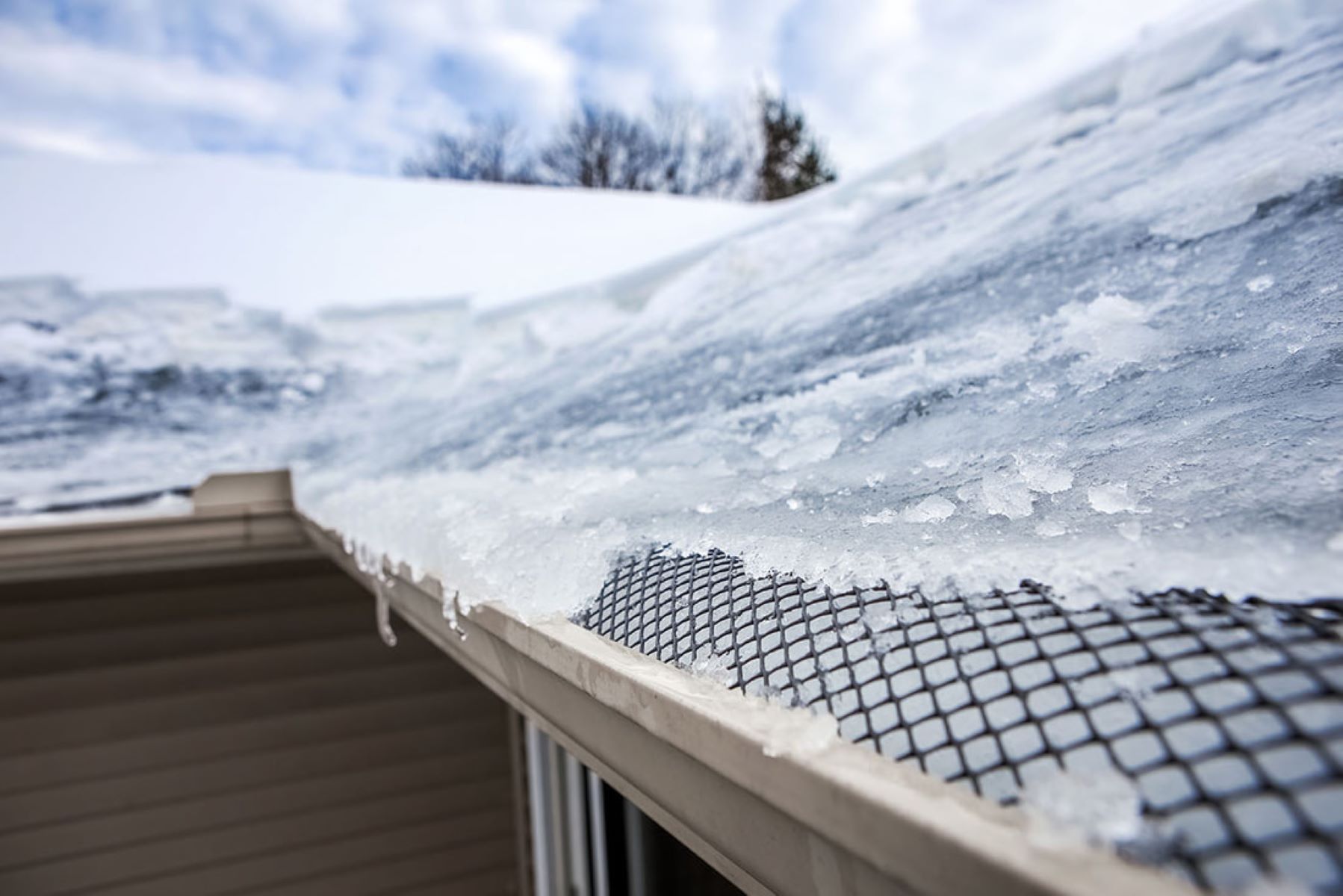
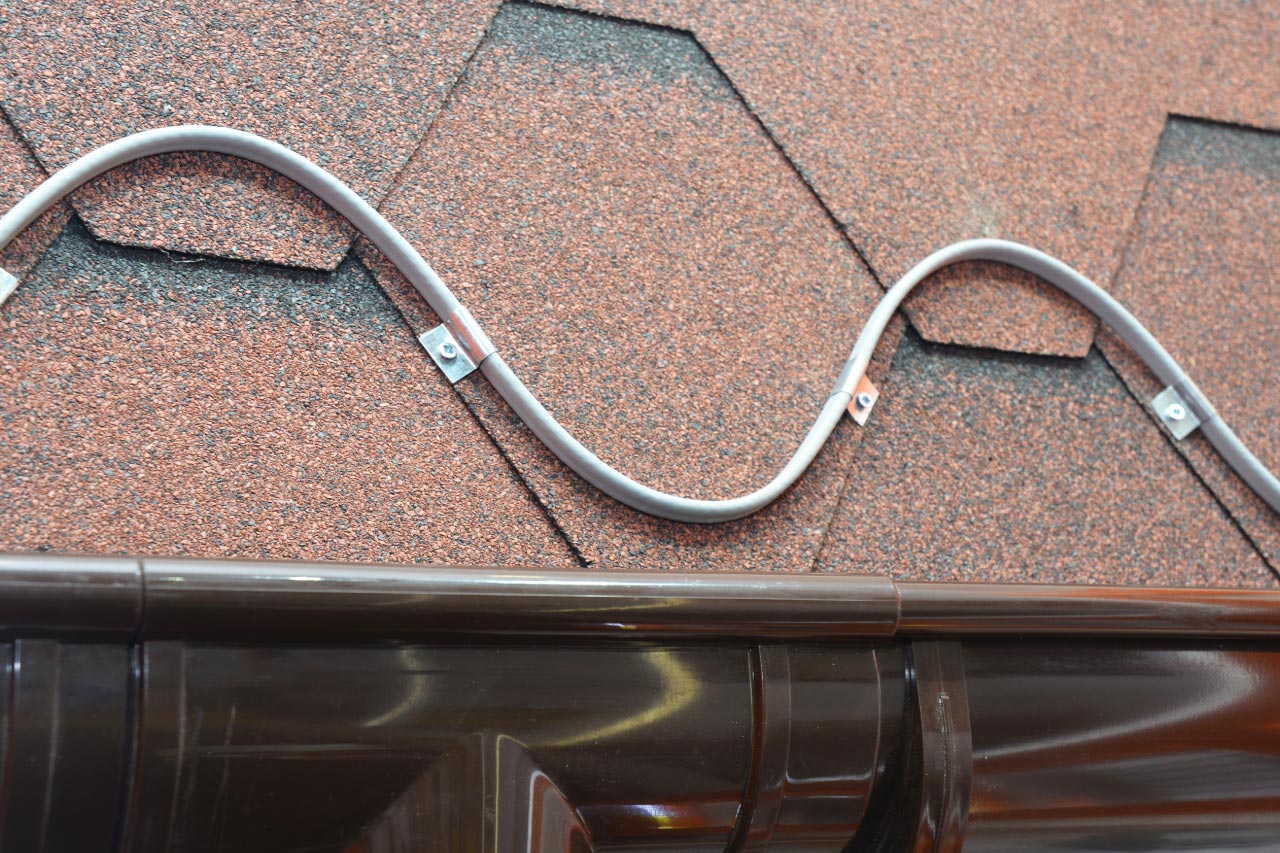
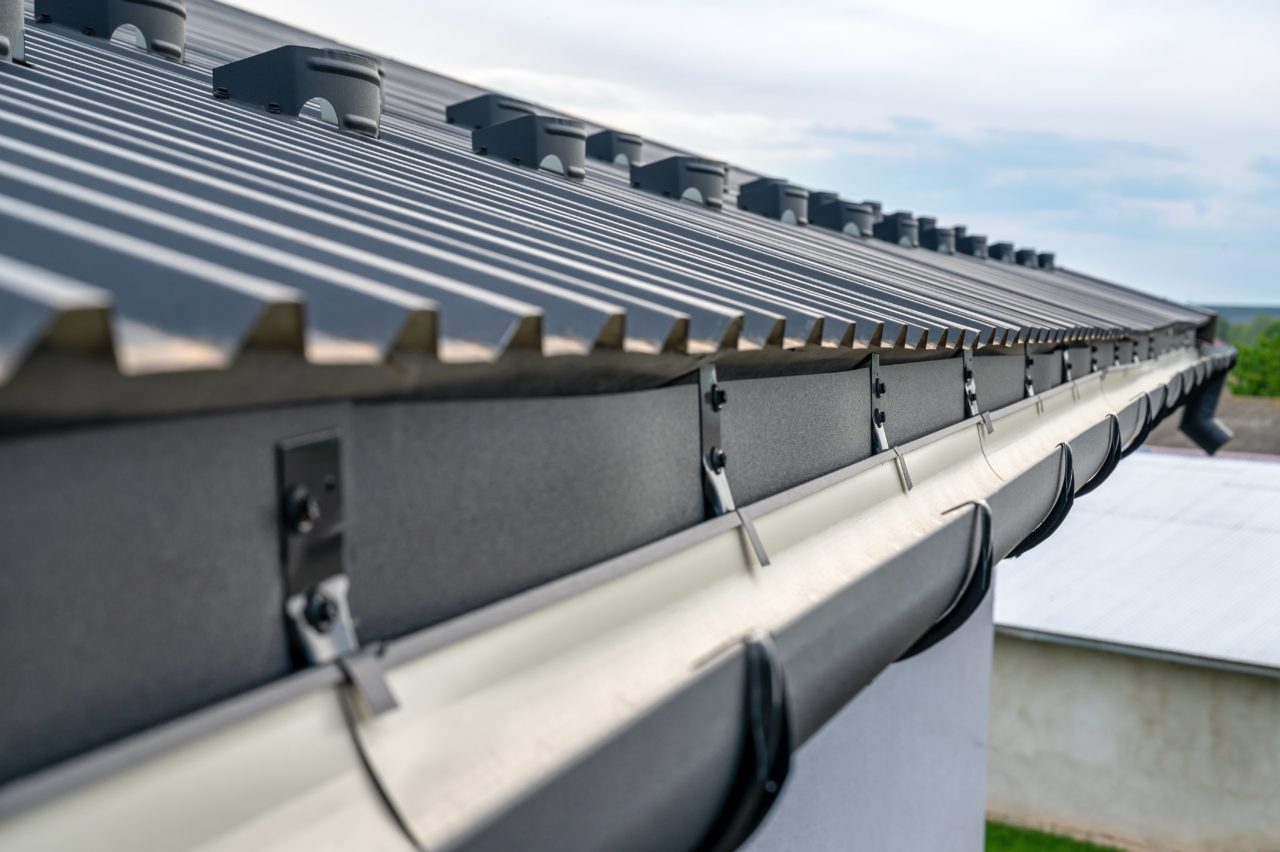
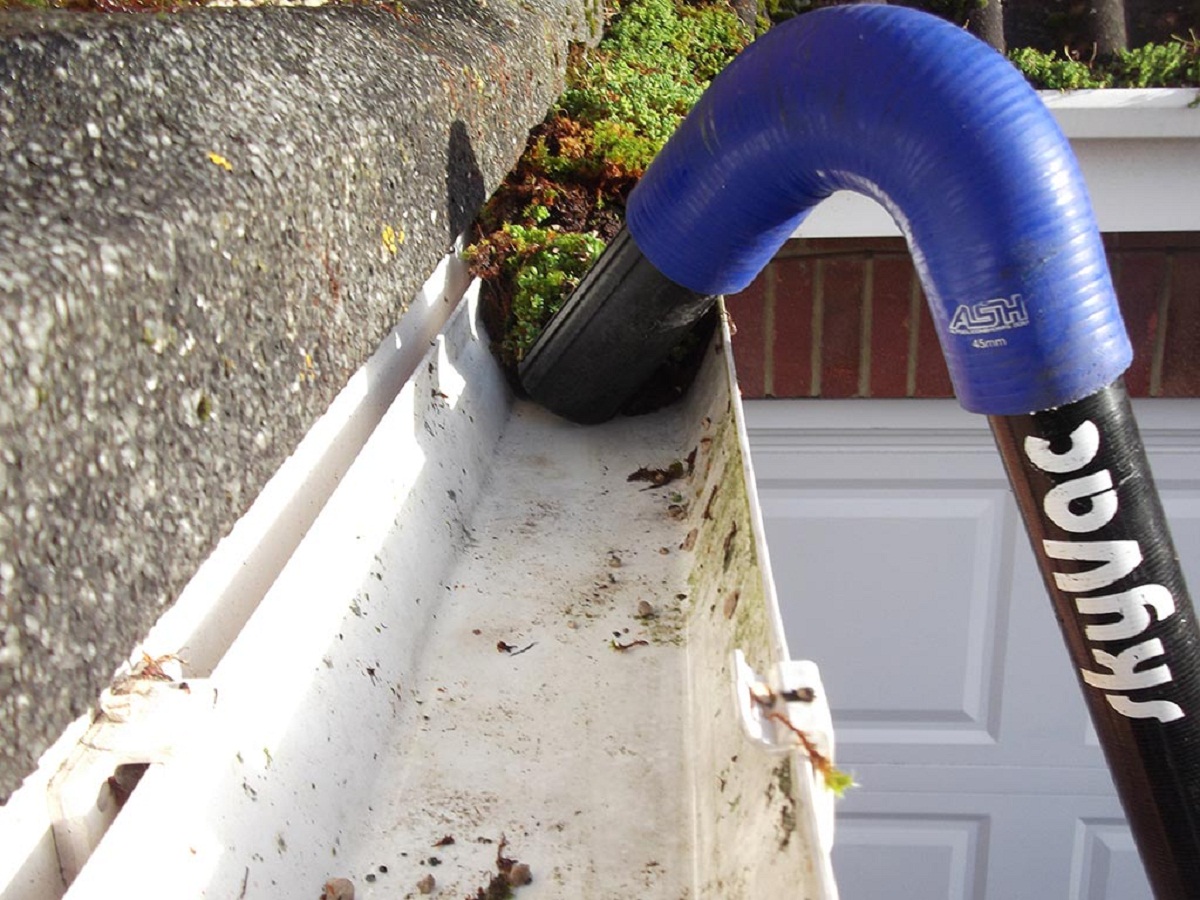
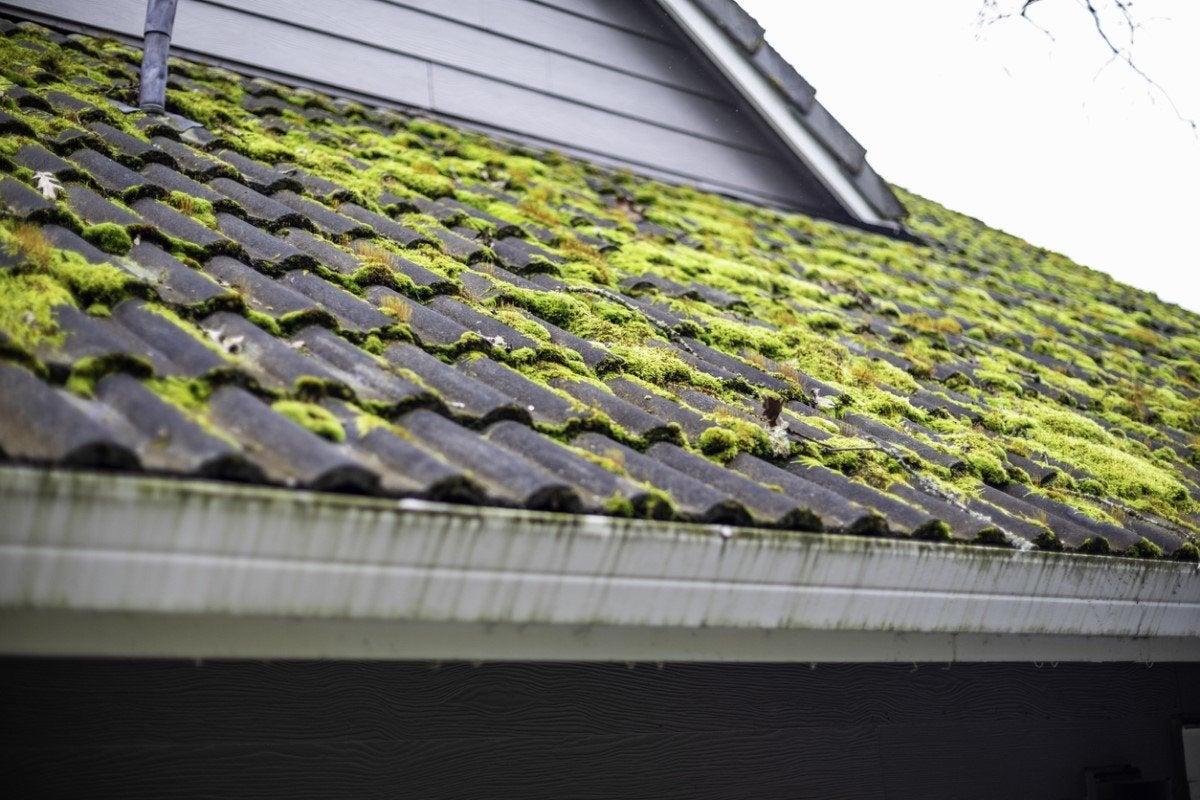
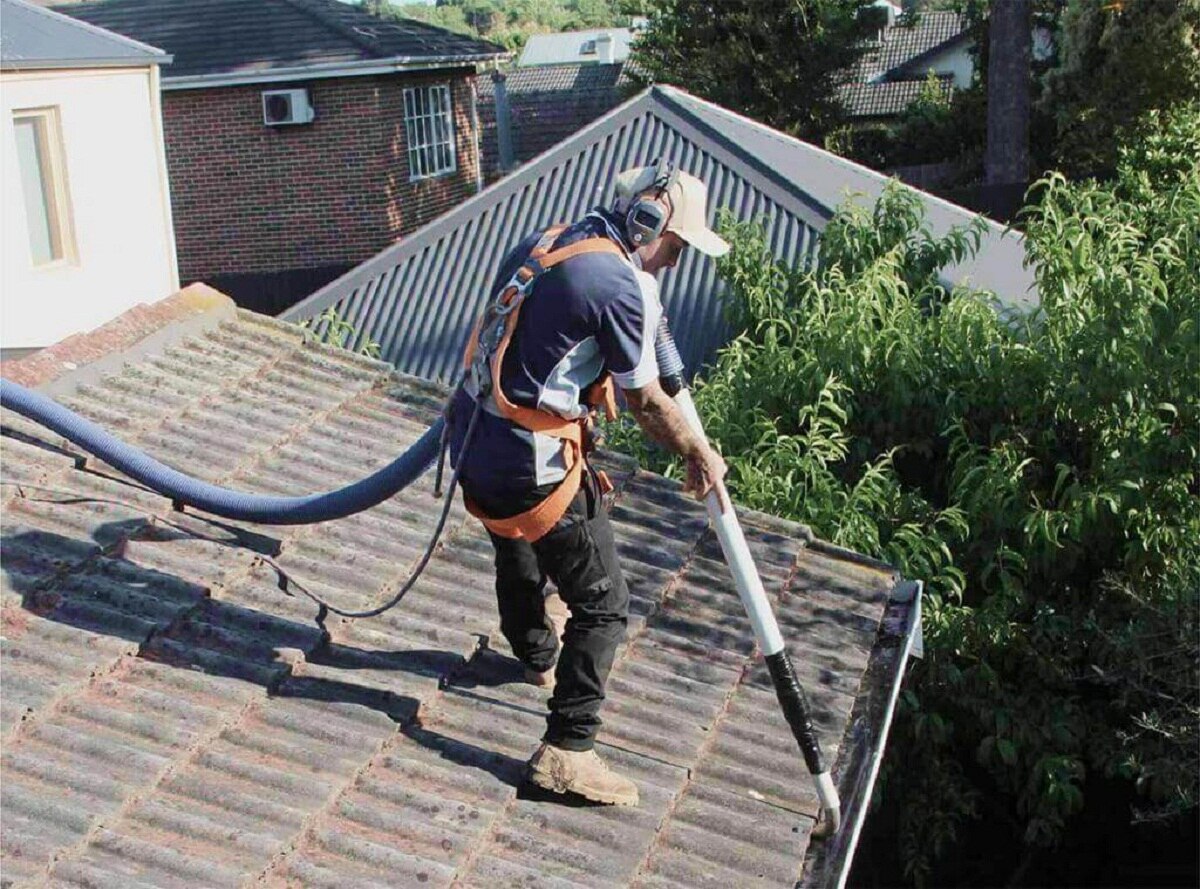

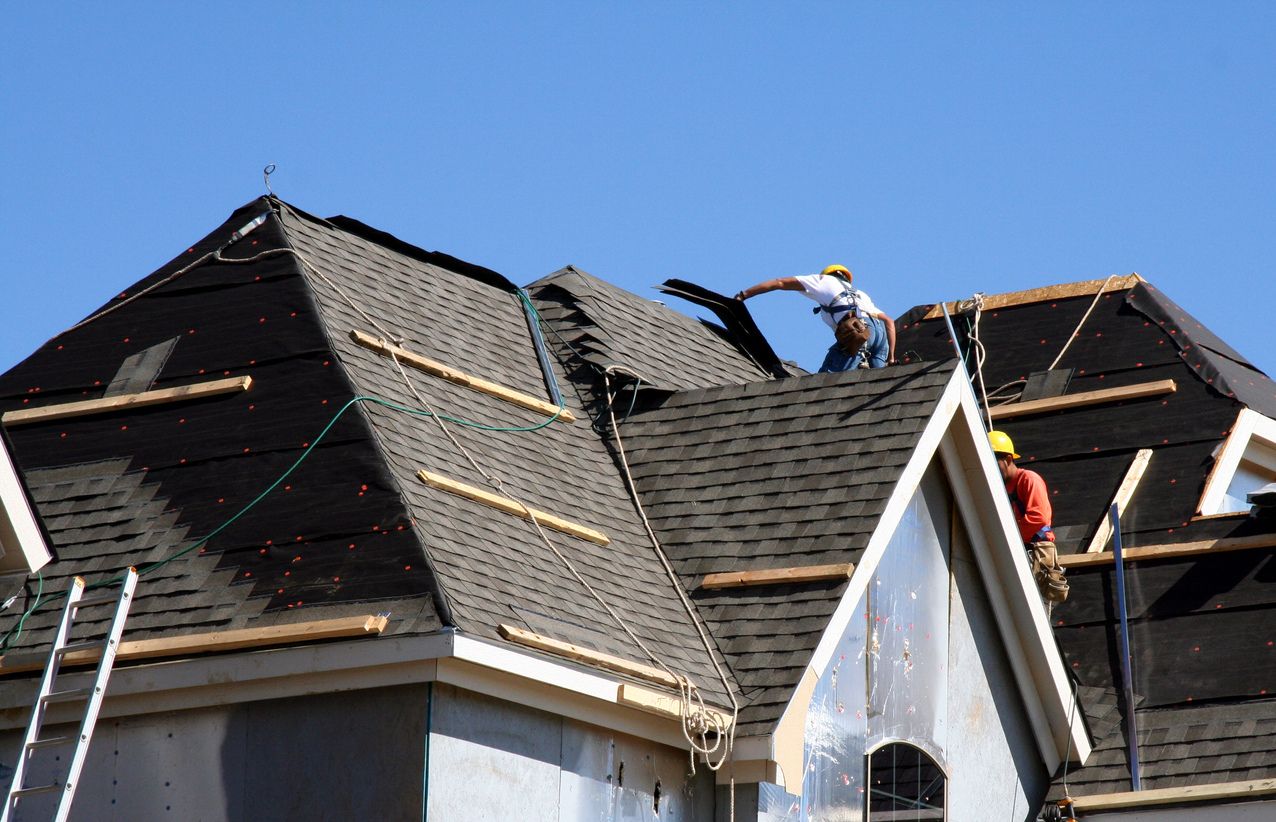

0 thoughts on “How To Get On Roof With Gutters”